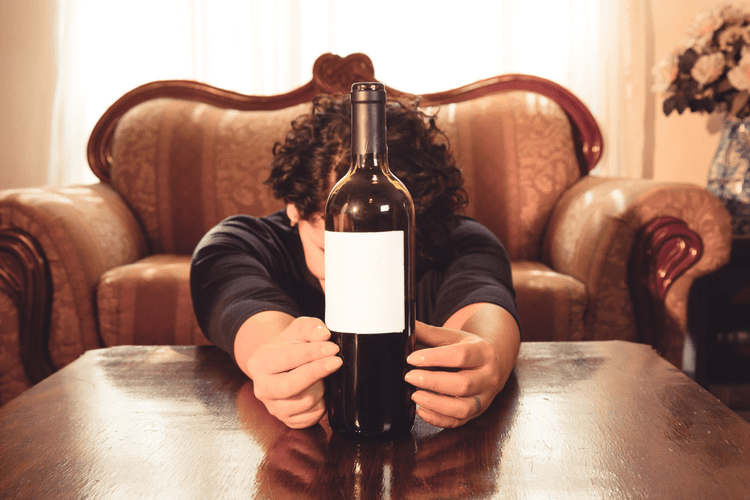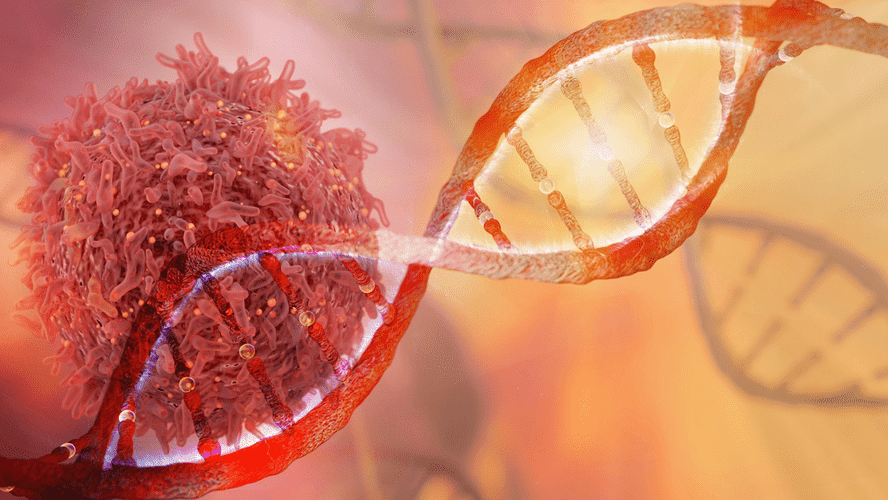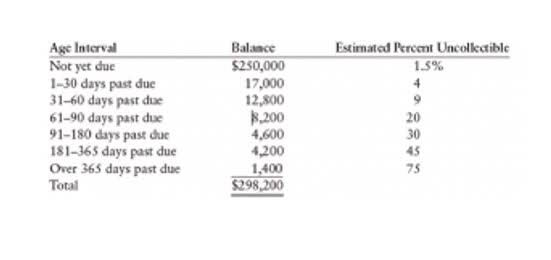Binge Drinking Guide: What is it, Effects and How to Stop
For example, if there’s a history of alcohol addiction in your family, this can make it more likely to develop a substance misuse issue. They’ll be able to provide you with advice on how to stop binge drinking and cut down on your alcohol consumption. It’s important to identify the individuals in your life who are supportive and willing to assist you in your quest to stop binge drinking. Let them know how they can best support you and what you expect from them. Regular check-ins, open conversations, and participation in alcohol-free activities together can foster a sense of camaraderie and strengthen your connection.
Developing Effective Strategies
- Once you have acknowledged the need for change, you can move forward and explore strategies to overcome binge drinking and achieve sobriety.
- This pattern elevates BAC levels to 0.08 g/dL or above and is prevalent among adults across various age groups.
- – The impact of having people by your side who believe in your choice becomes clear when dealing with this issue.
- With their support, you can increase your chances of achieving and maintaining sobriety.
This includes hypnotherapy, meditation, acupuncture, massage therapy, personal training, watsu, and stress reduction. I’ve spent the last seven years researching and understanding alcoholism, addiction, and how people get sober. Additionally, how to stop binge drinking I examine the way mental and physical health as well as our relationships with others impact the reasons people drink and their role in maintaining sobriety long-term. Regularly binge drinking can contribute to long-term health problems and impact things like your mood, memory, and mental health. In extreme cases, overdosing on alcohol can lead you to stop breathing or stop your heart and can make you choke on your vomit.
Al-Anon Family Groups
- By incorporating stress management techniques into your daily life, you can develop healthier coping mechanisms and reduce the reliance on binge drinking as a means of stress relief.
- As you start to prioritize your alcohol use, it can have a negative effect on your work, school, or social life.
- Binge drinking can occur at any age and is not limited to any specific demographic.
- However, this relief is short-lived, and the underlying stress remains unresolved, often leading to increased drinking to maintain that fleeting sense of calm.
Binge drinking is among the most common, costly, and deadly patterns of excessive alcohol use in the world. Screening for alcohol misuse involves the use of validated tools to assess an individual’s alcohol consumption and identify potential problems. This process helps healthcare professionals identify individuals at risk of developing alcohol-related issues and initiate early interventions.
The Best Ways to Get Sober From Alcohol Without Rehab

Family and friends can provide encouragement and support when you stop drinking. By opening up about your relationship with alcohol, you might also encourage others to explore their own drinking habits. Alcohol abuse can affect brain structure development, so people who start binge drinking as teens or young adults may experience issues with learning and concentrating. Pregnant women who binge drink can affect their child’s physical and cognitive development. A child with FASD might experience heart or bone problems, reduced attention span and memory, or learning disabilities. Research suggests that alcohol consumption is also a risk factor for sudden infant drug addiction death syndrome.
You have a hard time cutting yourself off once you start drinking. Perhaps you frequently get caught up in the feeling of euphoria that comes with being intoxicated. You might start the night with the intention of drinking one or two beers. An hour or two later, you’re more intoxicated than you wanted to be.


These programs offer a supportive community, structured meetings, and valuable guidance to help you manage your drinking habits. Online forums and local support groups can also provide essential support and camaraderie. Different cities and communities often have unique offerings, so be sure to research local resources. Stress is often one of the most significant drivers of binge drinking. Many people turn to alcohol or other substances as a way to self-medicate and alleviate symptoms of stress, anxiety, or depression.
Try to make those types of activities take a backseat to other hobbies. For example, they might decide to stick to one drink per occasion or no more than three drinks per week. When you’re drinking together, remind them of the limit they set for themselves. If no one’s pressuring you, but you still feel a desire to fit in, have a non-alcoholic beverage. Simply having a drink to sip on might make you feel more at ease. This strategy can also come in handy if you’re with a group of friends who want to play drinking games.





